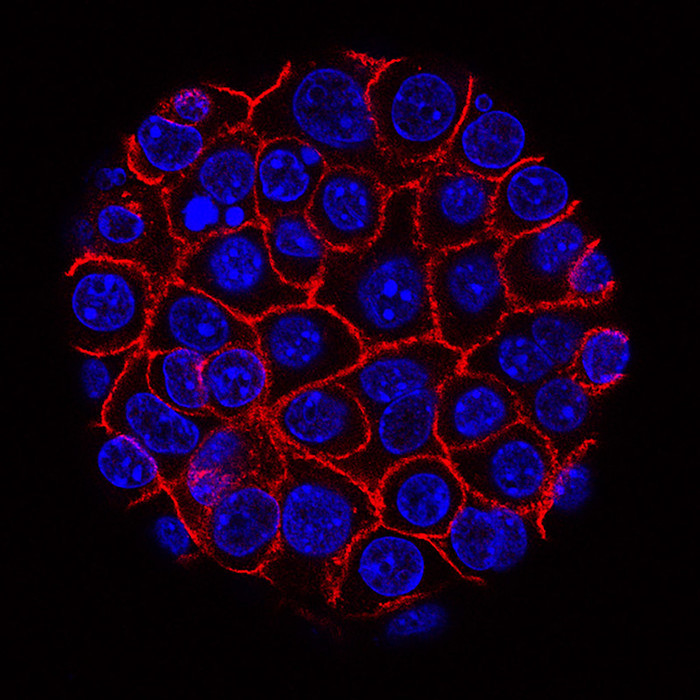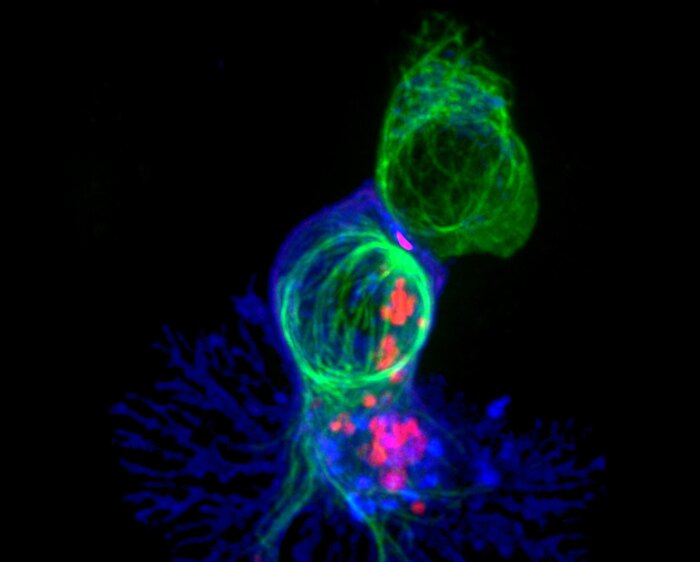Cancer can be knocked out, even by delivering blows previously considered forbidden, thanks to the new double-acting antibodies that experts call 'bispecific'.
Their peculiarity is that of being able to bind the tumor cell and at the same time also the T lymphocytes of the immune system, becoming a sort of bridge that facilitates the recognition and elimination of diseased cells while sparing the healthy ones.
The validity of this approach, which could pave the way for a new, easier and safer immunotherapy, is demonstrated in human cells and animal models in three different studies, led by Johns Hopkins University and published in the journals Science, Science Immunology and Science Translational Medicine. .
In the first work, the researchers targeted a very elusive tumor target, located mostly in the cell nucleus and therefore unreachable for many therapies: it is the p53 protein, a tumor suppressor that in many tumors is mutated and turned off.
In mice with multiple myeloma, bispecific antibodies were able to recognize and bind the mutated protein even when it was present in minute quantities on the surface of tumor cells, causing T lymphocytes to selectively eliminate them.
In the second study, conducted on human cells taken from lung and pancreatic tumors, the antibodies were shown to be able to destroy them in a targeted manner by hitting another very elusive target, the mutated protein RAS.
Finally, the latest study, carried out on human cells and mice with different types of leukemia and lymphoma, demonstrated the efficacy of bispecific antibodies directed against two molecular targets present on diseased T lymphocytes, which in this way are affected while sparing the healthy ones.
These results indicate that bispecific antibody research has taken a promising path, which could lead to a new immunotherapy that is easier to use because it does not require to be customized, unlike, for example, Car-T therapies based on the patient's own modified T cells. in the laboratory and then reinfused.
To realize the full potential of these new antibodies, however, there are still several problems to be solved, as Jon Weidanz, an immunologist at the University of Texas and biotech entrepreneur, points out.
In his editorial in Science, for example, he observes that antibodies are small molecules that end up being eliminated quickly from the blood: for this reason it will be necessary to imagine a formulation or a method of administration (for example through a small implanted pump) that allows to keep in the time an adequate concentration of the drug in circulation.





/cloudfront-eu-central-1.images.arcpublishing.com/prisa/ZYVWPUV4FBG5ZNEQFUECW6PXNM.jpg)

/cloudfront-eu-central-1.images.arcpublishing.com/prisa/ZV3HRONFCNGOLA37LDSKYTU2VY.jpg)
